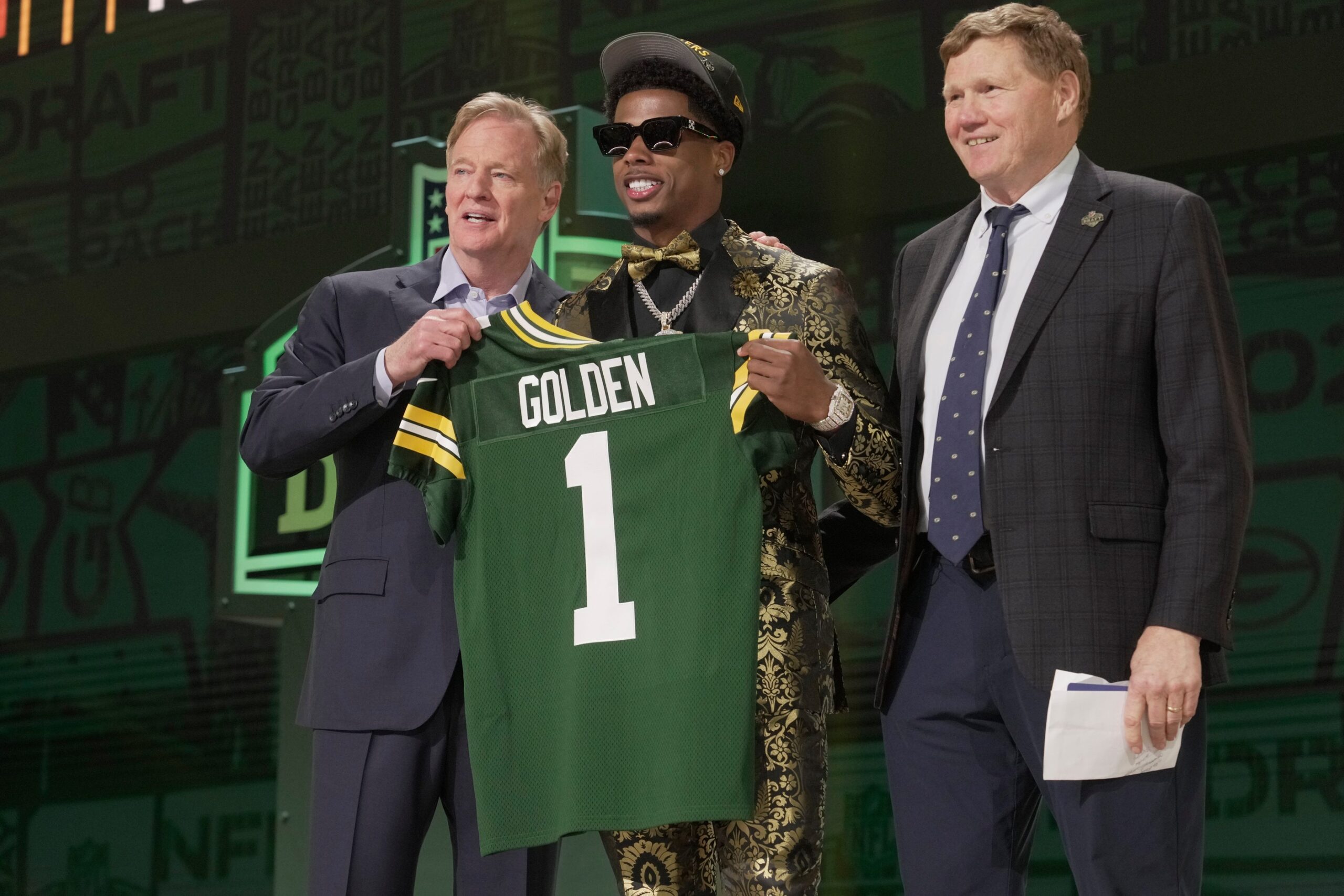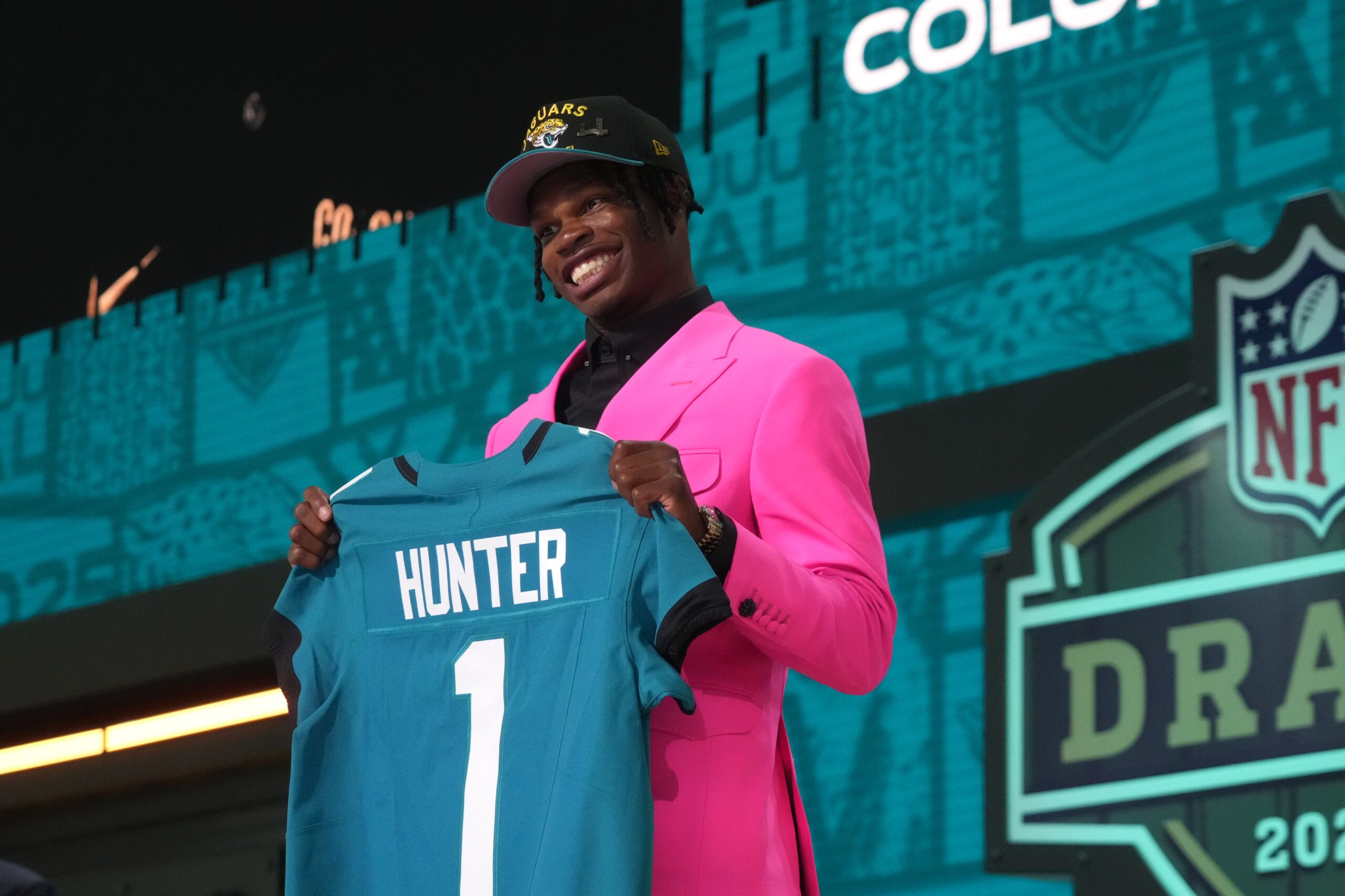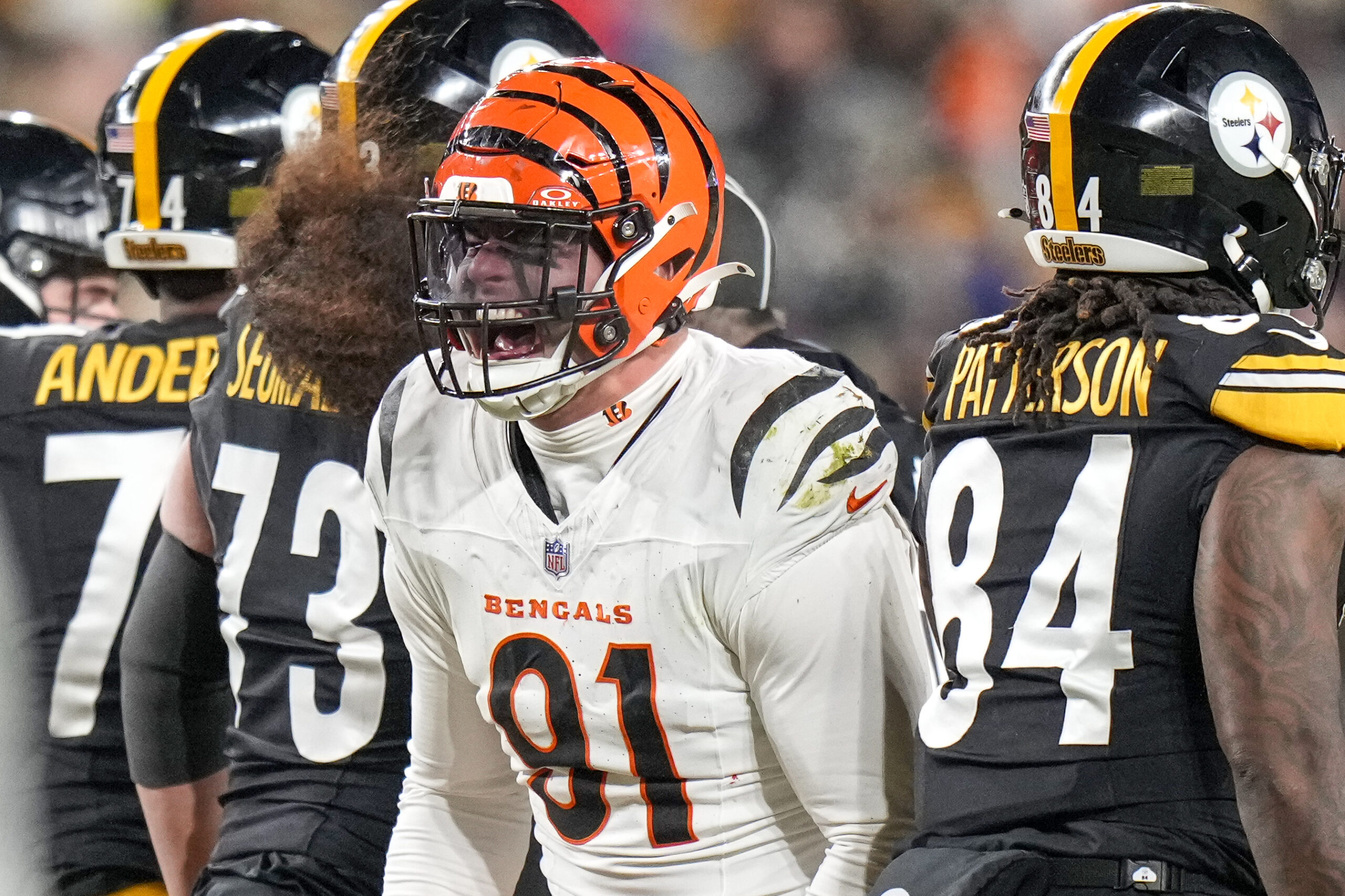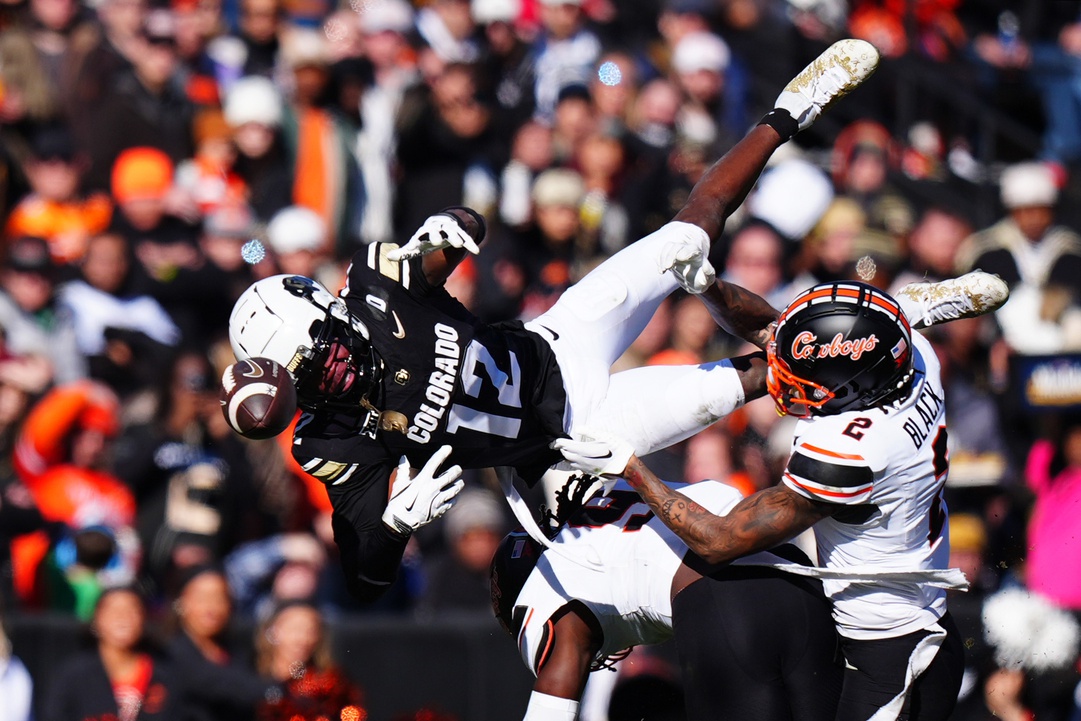Analysis
3/19/21
6 min read
On the Clock: Houston Texans
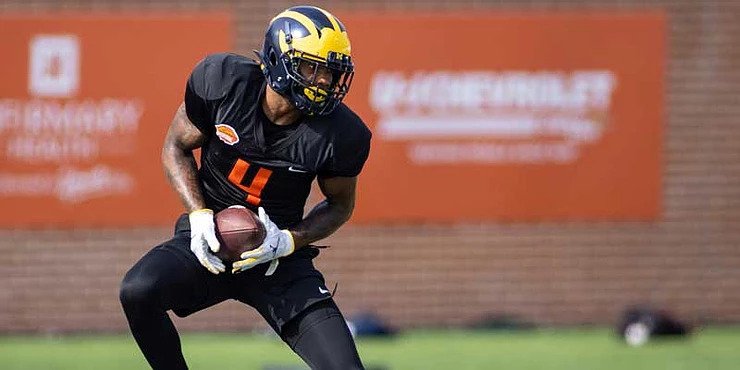
The Texans are coming off a season in which they finished 4-12 -- firing head coach/general manager Bill O’Brian after an 0-4 start. Deshaun Watson had a fantastic season and was one of the only bright spots of their season. Watson now wants out despite Houston’s shuffling of their front office -- they hired Nick Caserio as general manager and David Culley as head coach. Their biggest decision of the offseason will come down to what they do with Watson. Making a decision on his future will be key to Houston’s draft plan. Trading him would likely give Houston a plethora of draft stock; if they hold on to their franchise QB, they will need to build around him – but without a first-round pick this year.
Some quick history, the following are the Texans’ last five years’ worth of first-round draft picks.
-
2020: None (traded for Laremy Tunsil)
-
2019: Tytus Howard (OT)
-
2018: None (part of the 2017 trade that netted Watson)
-
2017: Deshaun Watson (QB)
-
2016: Will Fuller (WR)
Houston has drafted two Pro Bowlers since 2015 -- Watson and linebacker Benardrick McKinney. McKinney was traded away this offseason. Of the 39 players they’ve drafted since 2015, 15 have been “primary starters” for at least one season.
The following players could possibly be on the move, either through trade or being cut, due to their 2021 cap hit (age is in parentheses):
Bradley Roby - CB (28)
Brandon Dunn - DL (28)
The Texans are $4.28 million under the cap for the 2021 season, not including any of the possible trade or cut candidates listed above. They have the 22nd most cap space in the NFL.
Houston needs to help Watson, who was sacked 49 times in 2020--second most among all QBs in the NFL. Protecting Watson and acquiring offensive firepower should be Houston’s biggest goal this offseason. The defense can wait; protecting and supplying Watson with the weapons needed should be priority number one. Without a first- or second-round selection, however, the Texans don’t pick until the third round – 67th overall.
Possibility #1: Michigan WR Nico Collins
2019 stats: 37 receptions, 729 yards, 7 TDs, 19.7 YPR
Why: With Will Fuller likely leaving in free agency and last season's trade of DeAndre Hopkins, Houston is in need of a No. 2 receiver. The Texans could use some help outside of Brandin Cooks. Finding a receiver who offers contested catch ability while still having deep threat value would be beneficial to Watson and their offense.
Nico Collins offers that kind of skill set. At 6-4, 215 pounds, Collins knows how to play “above the rim.” His size benefits him greatly when he makes contested catches and his unique size allows him to make catsches that other receivers are unable to make. He has exceptional ball skills and plays with toughness. His downfalls come from his athletic ability because he can’t create separation very well. He will need to improve this at the next level but even if he doesn’t; he has the ball skill and size to eventually become a reliable outside receiver at the next level and bring some size the Texans don’t currently have in the receiver room.
Possibility #2: LSU LB Jabril Cox
2020 stats: 58 tackles, 6.5 TFLs, 3 INTs
Why: Houston was active to begin free agency when it came to the linebacker position. They signed both Christian Kirksey and Kamu Grugier-Hill to one-year deals. Both represent short-term fixes at the position and their future at the position can be found in this draft.
Jabril Cox brings immediate third-down value to the NFL. He split out and lined up over tight ends while at LSU and when in those situations showed above-the-line coverage ability. He also has the coverage production from a statistical standpoint to show this wasn’t a one-time thing; he has consistently been good in coverage. He’s a decent tackler and player in the run game but will need to improve his ability to shed blocks. Cox would slide in as a winning backup for Houston and provide depth and starter potential for them immediately.
Possibility #3: Georgia G Trey Hill
Stats: 26 Career Starts
Why: Protecting Watson should be Houston’s number one priority this offseason. After allowing 49 sacks last season, second-most in the NFL, finding a way to upgrade the offensive line as well as provide depth in case of injury should be an important part of Houston’s offseason plan.
Trey Hill offers ability to play any of the three interior offensive line positions. While at Georgia, he called out assignments and helped make pre-play adjustments. While Hill is limited in his ability to bend, he still is a better pass blocker than run blocker. He’s a good hand fighter who wins inside often. He has a strong first punch and overall strength but struggles once knocked off balance. Hill isn’t an immediate answer along the line for Houston but offers potential and ability to at least be a winning backup at the next level and provide serviceable play when called upon.
Possibility #4: Penn State TE Pat Freiermuth
2020 stats: 23 receptions, 310 yards, 1 TD, 13.5 YPR
Why: Providing Watson with weapons is a huge priority for Houston. They haven’t had a dynamic playmaker at the tight end position since Watson’s been with the team and this could be the draft where that changes.
Freiermuth played in a pro-style offense while at Penn State and has the ability to be used in multiple roles at the next level. He can be attached to the line of scrimmage, split out as a receiver, and used in motion; all ways for him to create leverage against the defenders who are covering him. His quick feet in and out of breaks will allow him to create separation and get open at the next level. He struggles with being aggressive and tough as well as blocking but as a receiver he has the tools teams will look for. He would provide Watson a large target -- 6-4, 260 pounds -- over the middle who has the versatility to line up everywhere on offense.
SEE ALSO: On the Clock archive
Sources: Overthecap, Football Reference, 33rd Team Scouting Reports


